Question And Answer
Publications
Articles, publications, books, tools and multimedia features from the U.S. Institute of Peace provide the latest news, analysis, research findings, practitioner guides and reports, all related to the conflict zones and issues that are at the center of the Institute’s work to prevent and reduce violent conflict.
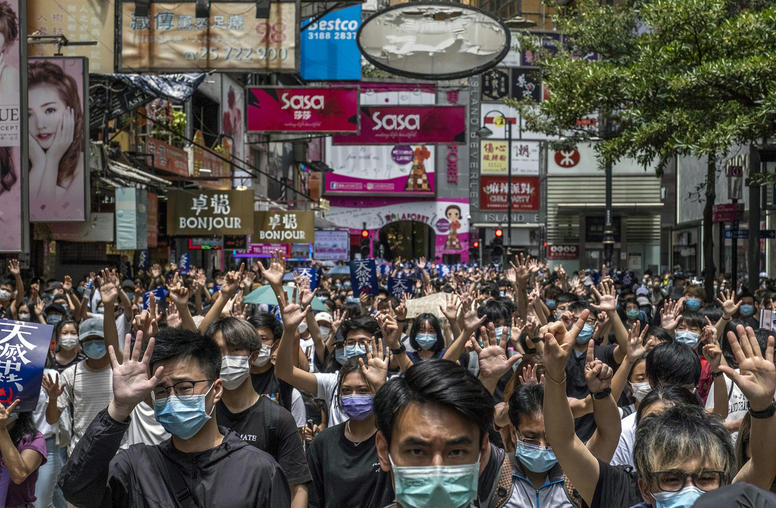
Beijing Legislation Reignites Hong Kong Protests
In Hong Kong, protesters have once again taken to the streets to push back against China’s efforts to assert further control over the territory. After a year of intense demonstrations calling for greater autonomy from the mainland, Hong Kong is now facing proposed legislation from Beijing that would broadly curtail citizens’ rights and freedoms. USIP’s Patricia Kim and Rachel Vandenbrink examine the proposed legislation, how the coronavirus pandemic is affecting the situation, and what the U.S. can do in response.
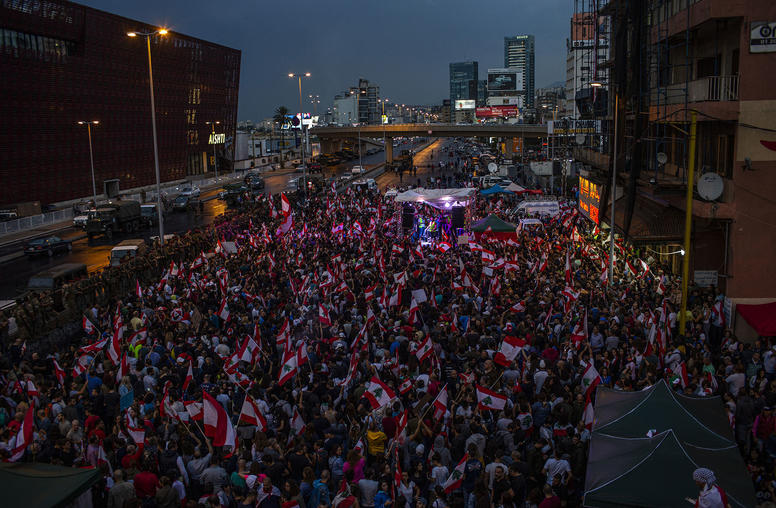
Lebanon’s Protests Set to Pick up Despite Coronavirus Pandemic
Protests erupted in Lebanon last year over the country’s lagging economy and sclerotic, sectarian-based political system, but slowed amid the global pandemic. The small Mediterranean nation’s economy is in free fall, with the World Bank estimating more than half the population living below the poverty line. Protesters were forced to switch tactics amid the coronavirus and the lock down measures have forced even more Lebanese into poverty. But protesters are planning to return to the streets as COVID precautions ease. USIP’s Elie Abouaoun and Osama Gharizi discuss how the government has responded in the months since protests erupted in October 2019, how the protesters adapted during the pandemic, and the role of Hezbollah.
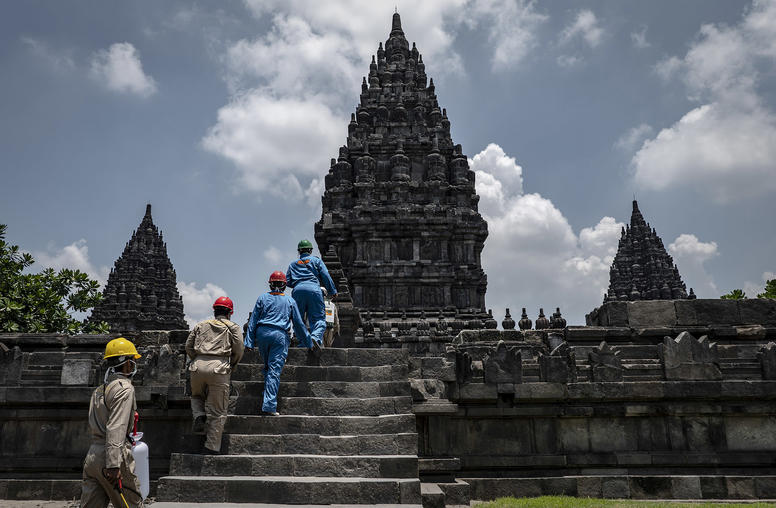
Is Coronavirus Making Southeast Asia More Authoritarian?
Southeast Asia has emerged as the regional fulcrum of strategic competition between the United States and China in the Indo-Pacific, with both the Washington and Beijing aggressively competing for influence in the 10 countries that comprise the Association of Southeast Asian Nations. This attention is well-placed, as the decisions that these countries make shape power dynamics in the broader region, influence global norms from internet governance to minority rights, and are determining along which lines the world’s most dynamic regional economy integrates.
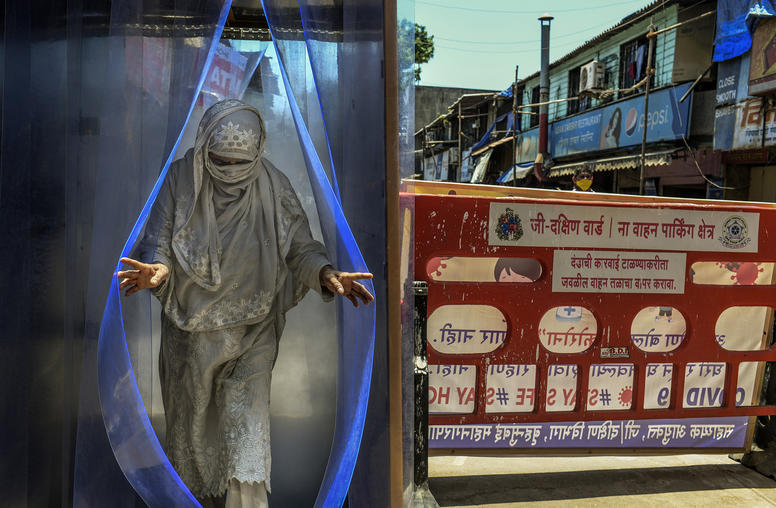
Coronavirus Tightens its Grip on South Asia
In South Asia, home to some of the world’s most densely populated nations, the COVID-19 pandemic has tightened its grip—causing infections to soar, battering economies, and plunging many into poverty. Governments have mostly struggled to cope.
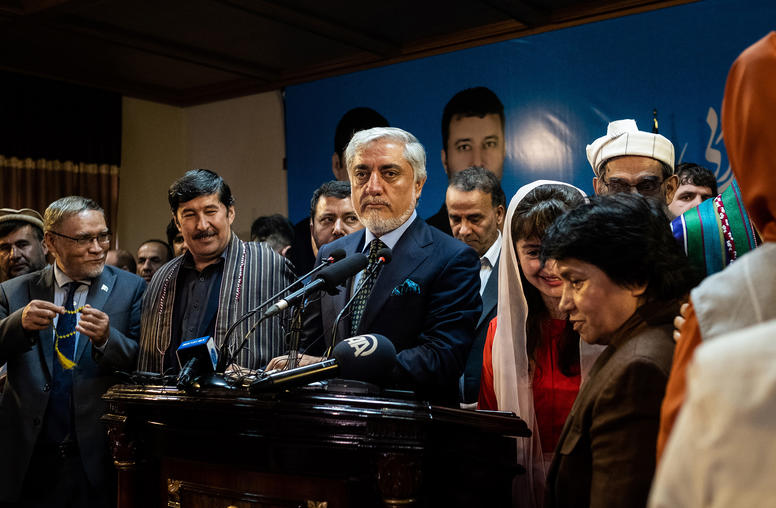
Negotiations Are the Only Way to End Afghan Conflict, Says Abdullah
The head of Afghanistan’s new peace council said yesterday that he is optimistic that intra-Afghan talks can start in the coming weeks, but increased levels of violence and details of prisoner releases may slow the start of talks. Chairman Abdullah added that the government’s negotiating team will be inclusive and represent common values in talks with the Taliban. The team “will be diverse and represent all walks of life,” Abdullah said. Afghans and analysts have expressed concern that without an inclusive negotiating team, the country’s hard-won, democratic gains could be compromised for the sake of a deal with the Taliban.
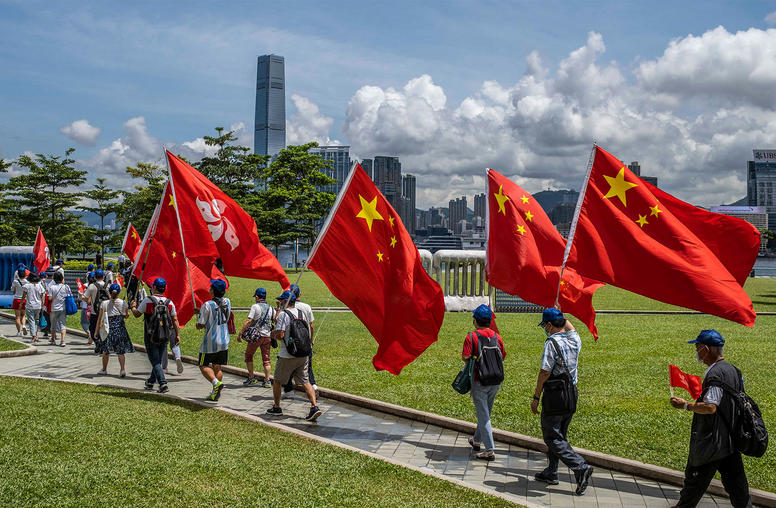
Beijing Builds Global Support for Draconian Hong Kong Law
China’s new national security legislation went into effect in Hong Kong late on June 30, giving Beijing new tools to control public discourse in the city, eliminating freedom of speech, mandating digital surveillance, and granting China extraterritorial powers to enforce the new law. In response, the United States has revoked Hong Kong’ special economic status and joined other democracies in condemning the law. Yet, a number of other countries have voiced their support for the legislation. By building a coalition of support for the new national security law, Beijing is not only tightening its grip on Hong Kong, but also trying to delegitimize critiques of China’s own domestic policies or system of government and strengthen global opposition to democratic values and the notion of universal human rights.
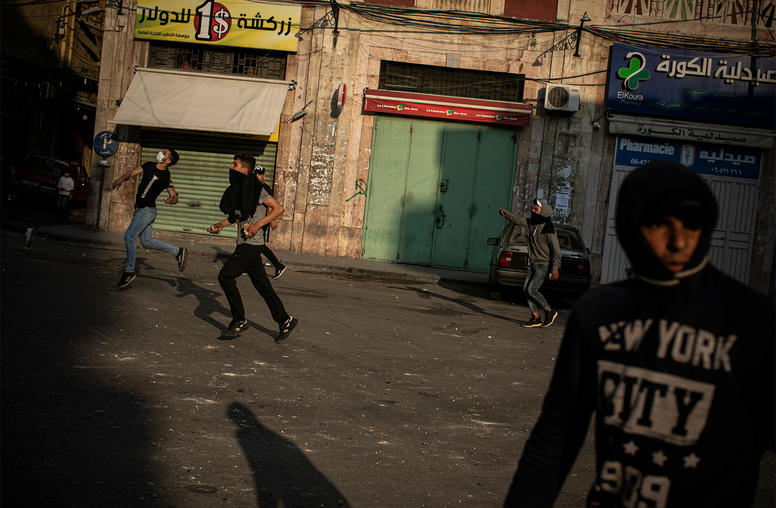
Lebanon's Unraveling Could Upend the Region and U.S. Interests
While Americans are understandably preoccupied with multiple crises at home, a catastrophe is looming in Lebanon with significant implications for the United States. Roiled by a major debt crisis that has been compounded by the COVID-19 pandemic and economic lockdown measures, Lebanon is rapidly spiraling toward the worst-case scenario: a failed state on the eastern Mediterranean.
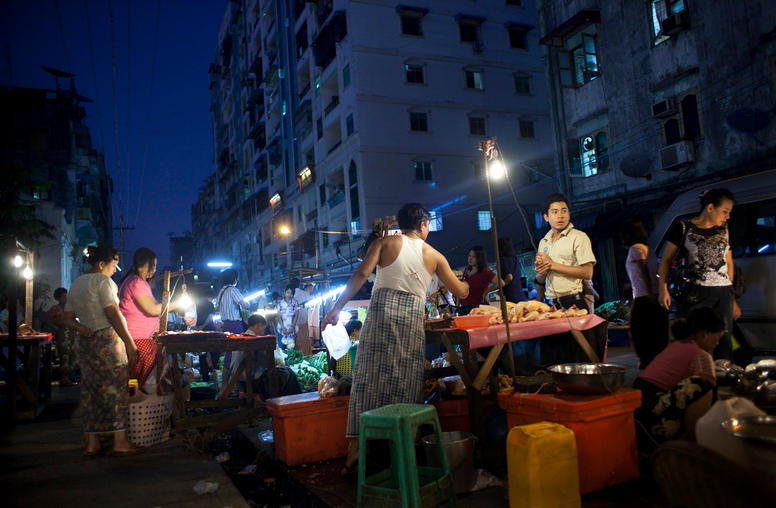
The Dangers of Myanmar’s Ungoverned Casino Cities
As a struggling, incomplete democracy, Myanmar and its elected leaders face challenges that would confound any country. The best-known involve the military’s uneven loosening of a 50-year dictatorship; ethnic tensions and armed conflicts; the lack of a common national identity; entrenched poverty; and the complications of borders with five nations, including China. Less well known is an emerging threat that touches each of these vital concerns. Over the past three years, transnational networks with links to organized crime have partnered with local armed groups, carving out autonomous enclaves and building so-called “smart cities” to tap into the huge, but illegal, Chinese online gambling market. Myanmar’s leaders at every level and in every sector should pay serious attention to the alarming national implications of these developments.
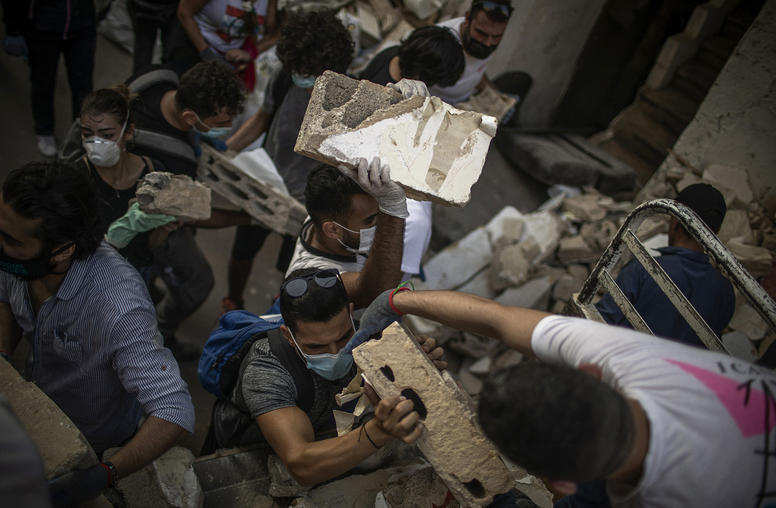
After Beirut Blast, What’s Next for Lebanon’s Broken Political System?
A massive explosion ripped through the Port of Beirut on August 4, sending shockwaves through the Lebanese capital, killing approximately 200, injuring thousands, and leaving upwards of 300,000 homeless. This comes with Lebanon already on the brink of economic collapse, struggling to address a COVID outbreak, and as the trust gap between citizens and the state is wider than ever. Although in the immediate aftermath of the explosion some suggested Lebanon had been attacked, the cause of the explosion is likely much more banal: government negligence resulted in thousands of pounds of explosive chemical material to be improperly stored in the port for years. USIP’s Elie Abouaoun and Mona Yacoubian examine what this means for Lebanon’s beleaguered political system, the long-term implications for the country, and how the international community has responded so far.
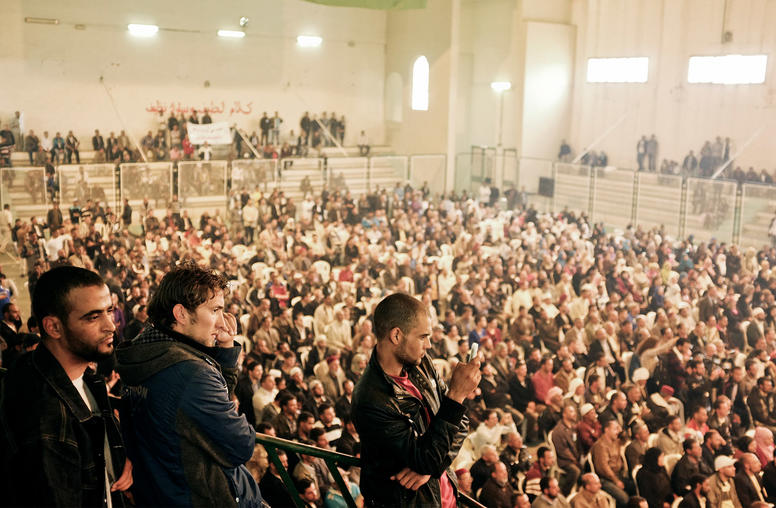
Tunisia’s Transition Hits a Rough Patch Following COVID Lockdown
Since uprisings swept the Middle East and North Africa in 2011, Tunisia has long been regarded as the lone democratic success story. But nearly 10 years later, volatile party politics and authoritarian legacies continue to plague the transition. The October 2019 election cycle, marked by low voter turnout, demonstrated Tunisians deep disenchantment with the political class for its failure to address the grievances that sparked the ouster of longtime dictator Zine El Abidine Ben Ali. After the elections, a government was not formed until February 2020. But months later, Prime Minister Elyes Fakhfakh resigned over allegations of conflicts of interest. In recent weeks, the political landscape has shifted rapidly. USIP’s Leo Siebert examines the political wrangling and Tunisia’s post-election political struggles.